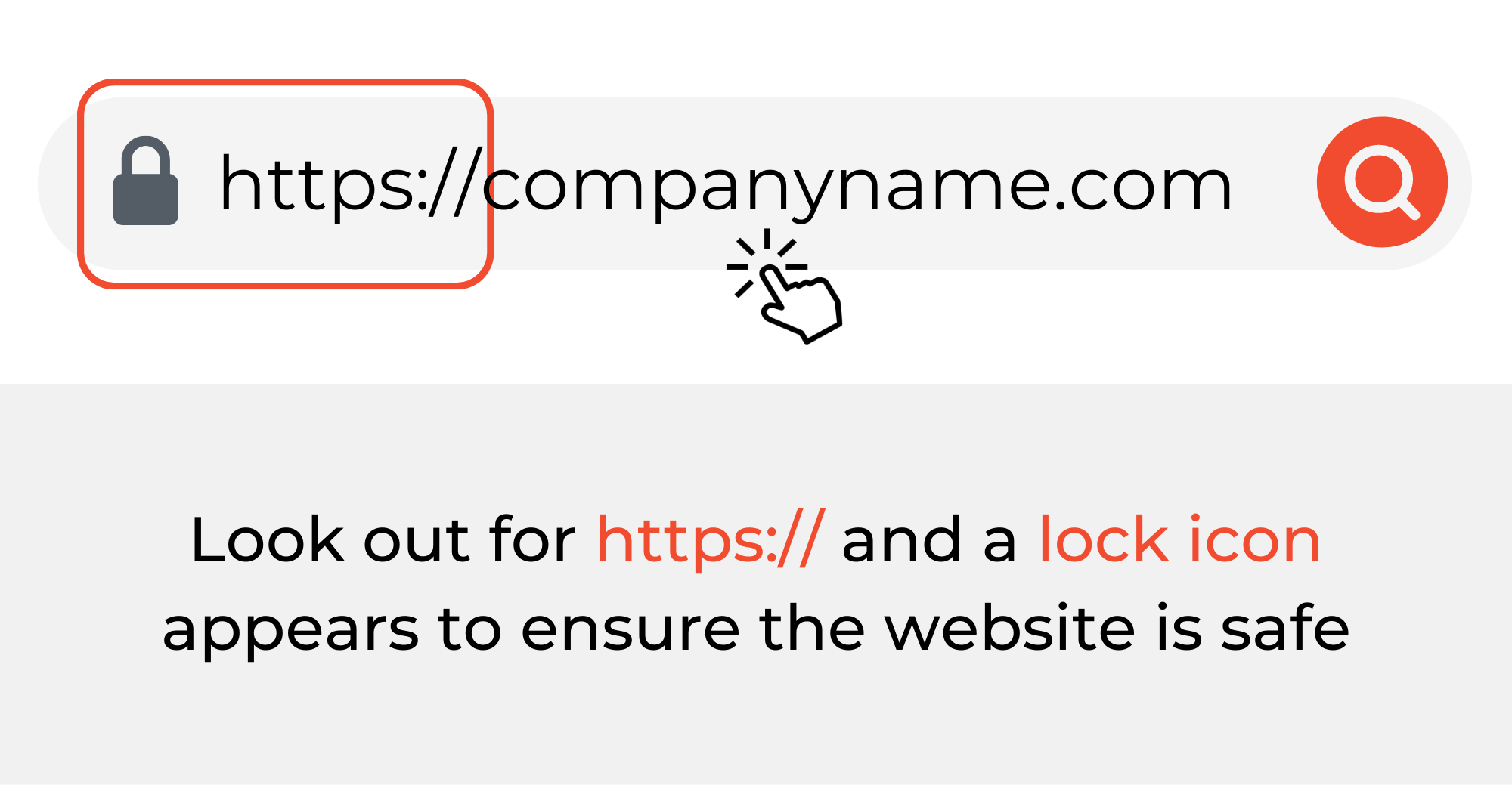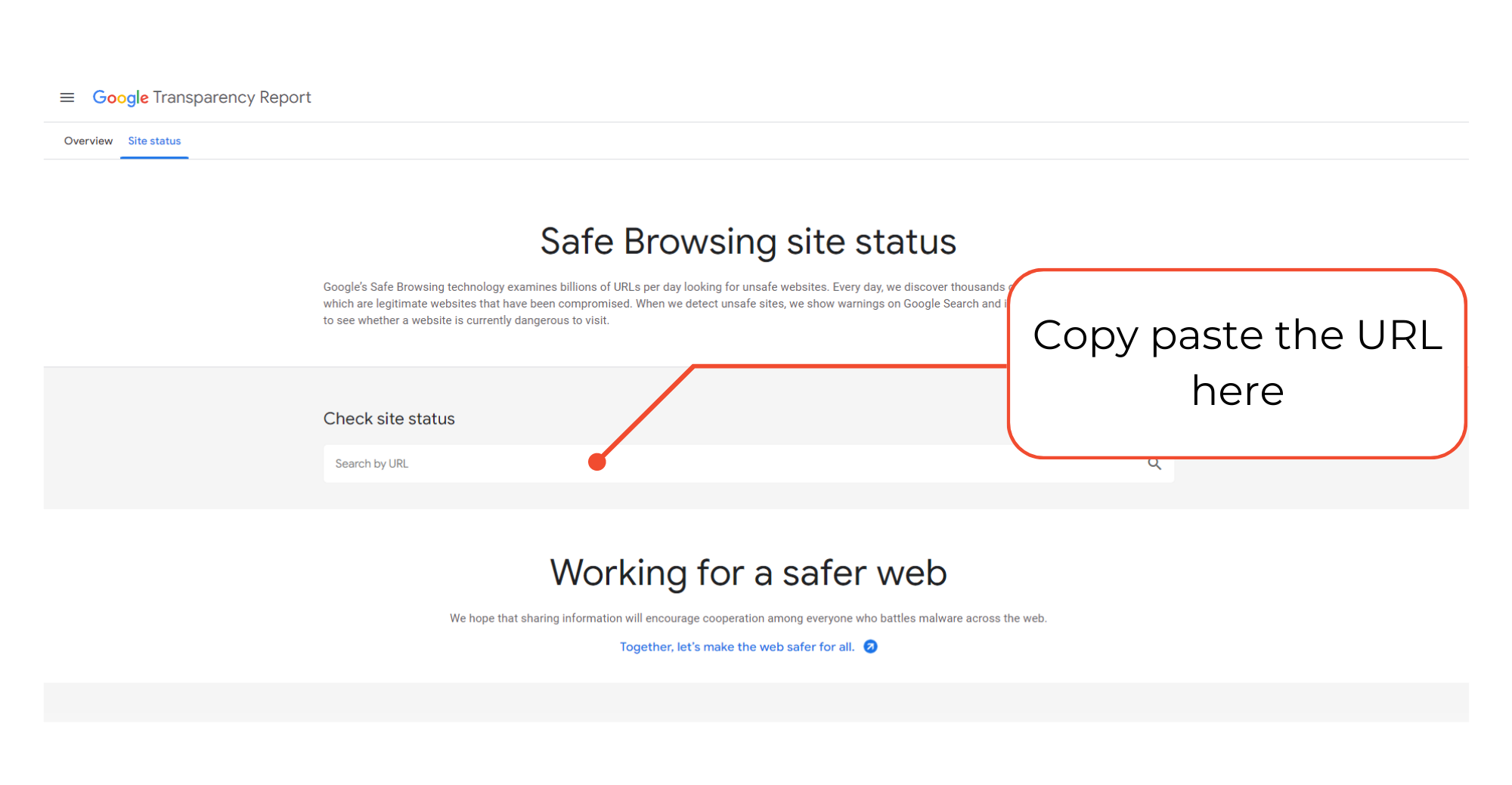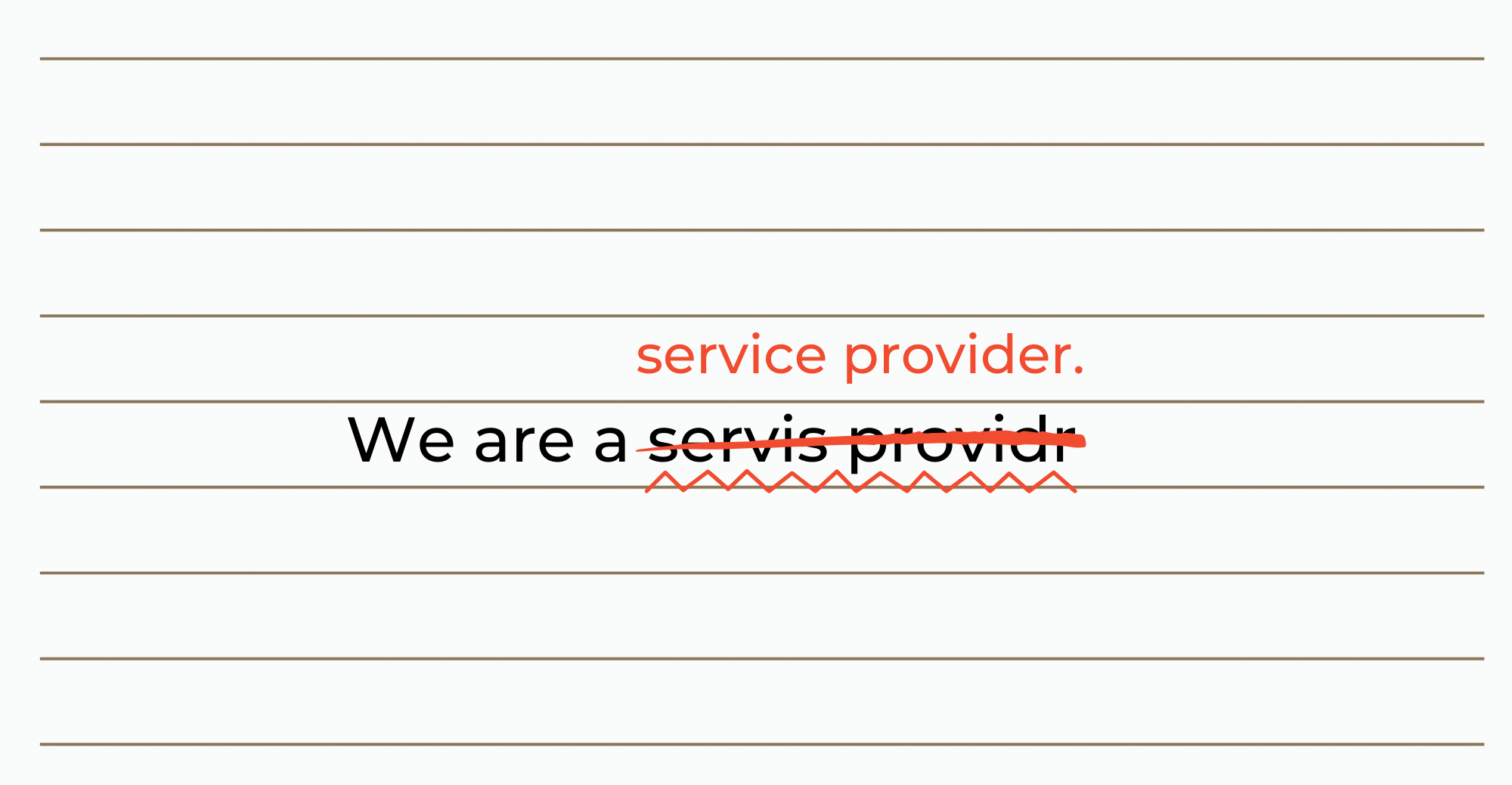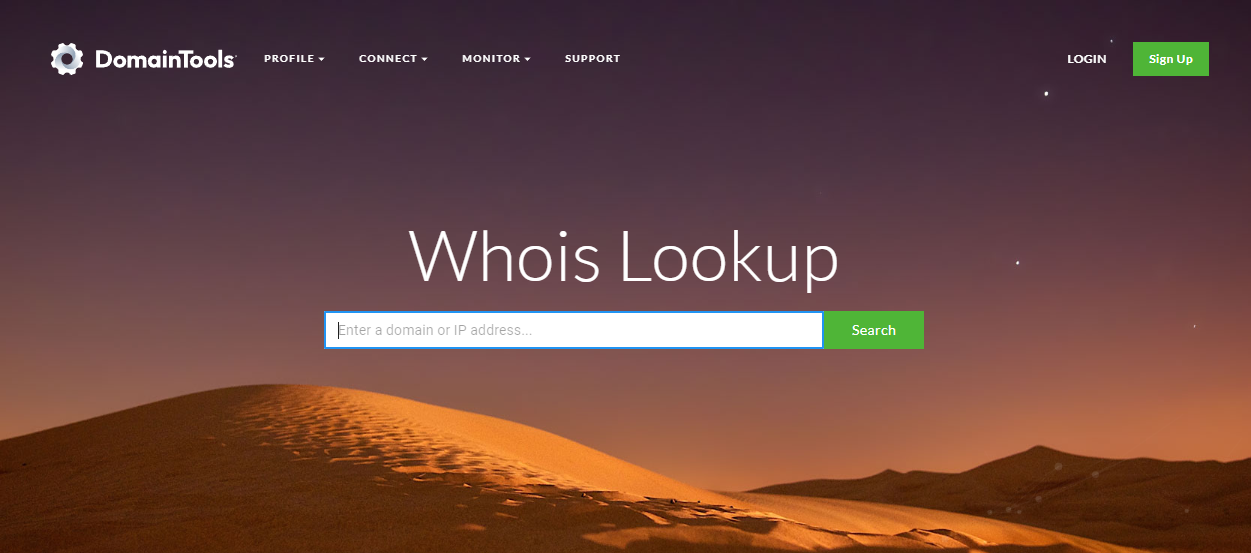6 Ways to Determine whether a Website Is Genuine

It is important to determine whether a website is genuine because there are many fraudulent websites that can potentially scam and deceive users. These websites may be phishing sites that try to steal sensitive information, such as login credentials or credit card numbers or sell fake or low-quality products. In order to protect yourself and your personal information, it is essential to verify the authenticity of a website before making any transactions or sharing any sensitive information. There are a few key ways to determine whether a website is genuine, including checking the website's security measures, looking for reviews or ratings from other users, and verifying the website's contact and business information. Let's dive right in!
Method 1: Check the Domain Name

Check the address bar (URL) for an "s" in the URL, which should appear like this "https://" to begin with, or a lock symbol in the address bar to ensure that the site is safe. This isn't proof that the site isn't a hoax, but it does show that the site owner is employing safe encryption to send data and protect itself from hackers.
Method 2: Look for Secure Browsing Indicators

Use the Google Safe Browser Transparency report to check the site's security. You may paste a URL into the Google Safe Browsing Transparency Report and get a report on whether or not you can trust it. website.
Method 3: Take a look at the Contact Page

Examine your choices for getting in touch with the organisation. Proceed with caution if you don't see numerous options (phone, email, live chat, or physical address). Be wary of websites that ask for personal information without offering any security measures: Genuine websites will often have secure forms or pages for entering sensitive information.
Method 4: Evaluate the Firm's Social Media Presence

The majority of genuine businesses have a social media presence and are active on it. A business's social media accounts tell users a lot about a company such as the content they create, products or services, and contact information. Read company reviews and see if you could identify their employees on Linkedin
A business's social media accounts can provide additional information about the company, such as its history, products or services, and contact information. A business with a strong social media presence and a good reputation on social media may be more credible than one with little or no presence on these platforms. This can help you verify the legitimacy of the website.
A business's social media accounts tell users a lot about a company such as the content they create, products or services, and contact information. Read company reviews and see if you could identify their employees on Linkedin
Method 5: Lookout for Poor Grammar and Spelling

Poor spelling and grammar mistakes can be red flags for a website, as they may indicate that the website is not credible or trustworthy. If a website uses a mix of different languages or has inconsistent language usage (e.g., switching between British and American spelling), it may be a sign that the website is not well-maintained. Spelling errors are an indicator that a website is not trustworthy, as they may indicate that the website is not well reviewed or well maintained. Websites with poor grammar can be difficult to read and understand, which can make it difficult for users to trust the content on the site.
It's also important to keep in mind that not all websites with minor spelling or grammar errors are necessarily untrustworthy; it's important to consider the website as a whole and use good judgment when evaluating its credibility.
Method 6: Check the Domain's Age

Checking how old a domain's page is can be useful for determining the credibility and trustworthiness of a website. Verifying a domain's age can indicate the level of expertise and experience the owner has and thus, increasing overall credibility. Scam and fraudulent websites typically have a brief existence since they are discovered and taken down by legitimate business website owners early on. Use the Whois Lookup domain tracker to find out who owns the domain name, where they are located, and how long the site has been up and running.
In conclusion, determining whether a website is genuine requires evaluating a variety of factors, as mentioned above. These may include the domain's name, browsing indicators, the website's contact page, social media presence, grammar and spelling, and the domain's age. By considering these factors, you can make an informed decision about whether a website is trustworthy and legitimate. It's always a good idea to be cautious when interacting with unfamiliar websites and to do some research before providing any personal information or making a purchase.
